Cork man at the heart of EU environmental policy
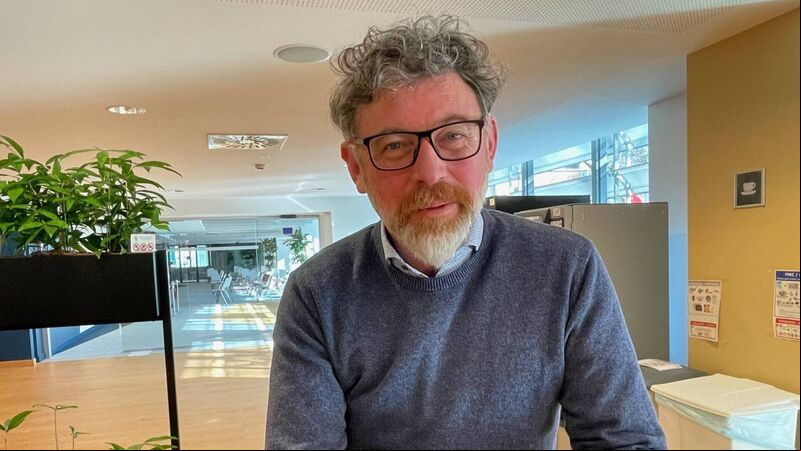
Cillian Lohan, originally from Togher but now living in Skibbereen, represents Irish environmental organisations on the EU Civil Society Community body. He will become its President in October.
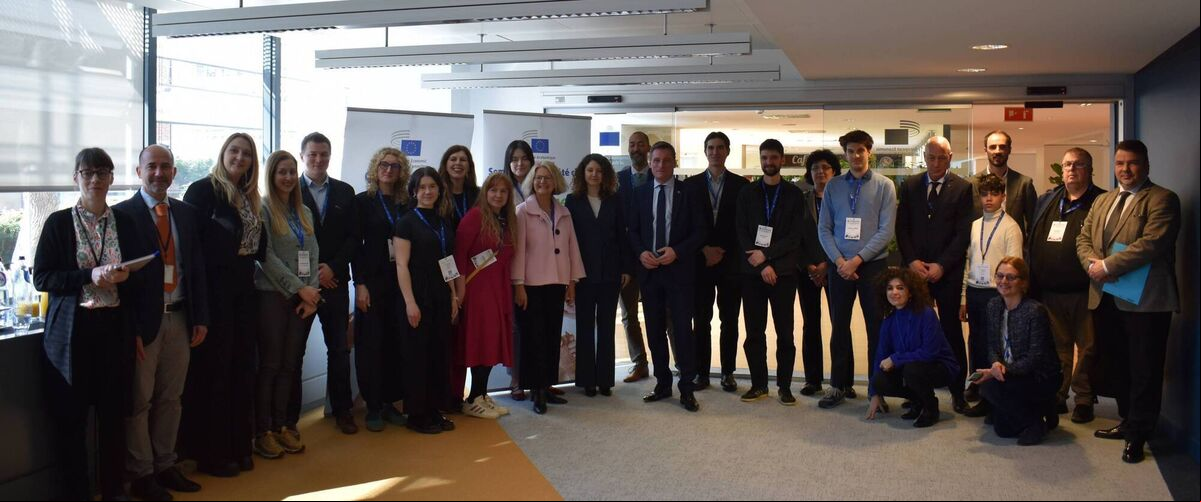


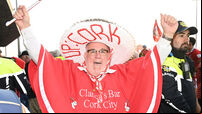
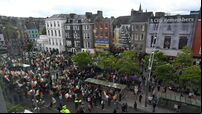
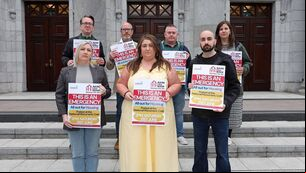



 App?
App?


